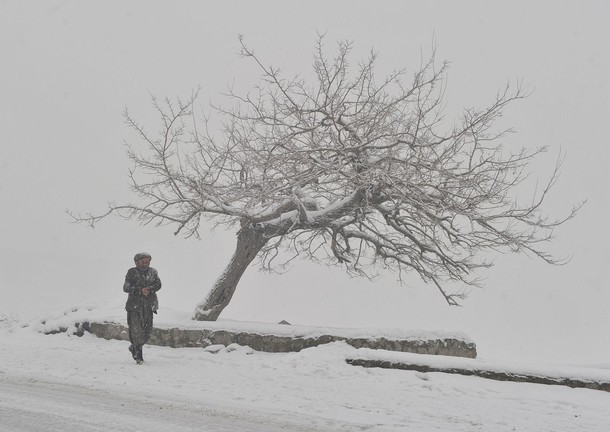
From the Editors of the New York Times: Like most Americans, we are eager to see an end to the war in Afghanistan. Defense Secretary Leon Panetta’s announcement that American forces would step back from a combat role as early as mid-2013 was welcome.
The Pentagon’s intention is to try to shift more responsibility to the Afghan security forces while the Americans are still in the country to provide help with planning, transport and intelligence, and to bail the Afghans out in a crisis. That shift is already happening in less volatile regions. And with the United States and NATO committed to bringing nearly all of their troops home by the end of 2014, the Afghans need to learn to take the lead. . . .
What is certain is that there is little time and a huge amount to be done to increase the chances that Afghanistan will not implode once most of the American troops are gone. Here are some areas that must be addressed . . . .
RESIDUAL AMERICAN FORCE Defense Secretary Panetta told Congress last week that the United States was close to signing an agreement with Mr. Karzai to allow an undefined number (perhaps 15,000) Special Operations soldiers to remain after 2014. These forces would hunt down militants, and would provide air cover, intelligence, logistical support and training for Afghan forces.
We would like to see all American troops gone. But continuing to pound Al Qaeda, and increasing the odds that the Taliban do not again seize power, are in Washington’s strategic interest. The agreement would also send a message to the region that this time the United States plans to stay engaged. Two issues are blocking the deal: Mr. Karzai’s demand to immediately take control of American-run detention facilities and of nighttime raids that he says have killed too many civilians. The United States should keep insisting that Afghans can take over the raids only when they are capable. The detention facilities should be shut down.
DEALING WITH PAKISTAN Islamabad’s continued collusion with the Taliban and other extremist groups is the biggest threat to Afghanistan’s long-term stability. A decade after the Bush administration ordered them to pick sides, the Pakistanis are still cynically playing all sides.
Billions in aid have not changed their thinking. Nor has the recent suspension of some of that aid. Nor has the fact that the extremists seem nearly as eager to bring down Pakistan’s government. The Army and intelligence services are still determined to use the extremists as proxies in their endless competition with India.
The fact that Pakistan did not stop the Taliban from agreeing to negotiations with Washington may be a rare positive sign. But with Islamabad there are never any guarantees. As frustrating as it is, the administration must keep trying to cajole and pressure Pakistan into cooperating. The United States really has no choice, not least because a collapse in Pakistan — with 100 plus nuclear weapons — would be even more disastrous than a collapse in Kabul. (photo: Getty)
Image: getty%202%2020%2012%20Kabul.jpg
